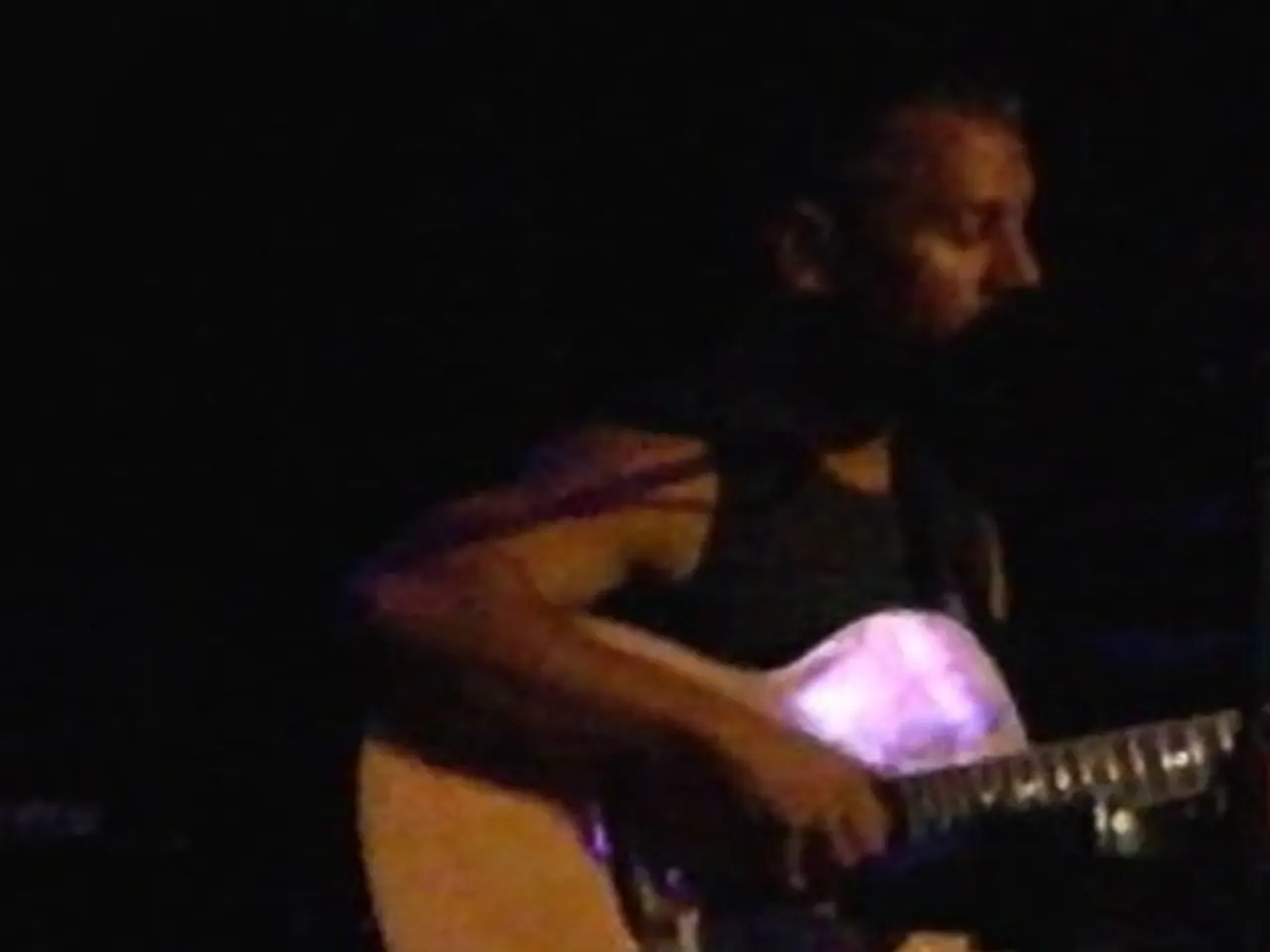"Despite his former prowess, Victor Wooten admits struggling with a health issue that's reducing him to a novice bass player – yet he's still finding joy in the music"
Victor Wooten Battles Focal Dystonia, Embraces New Challenges
Renowned bass guitarist Victor Wooten is currently grappling with a neurological movement disorder known as focal dystonia. In a recent interview with Béla Fleck and the Flecktones bassist, Wooten discusses his struggle and the strategies he's using to manage and improve his condition.
For over two decades, focal dystonia has been a constant companion for Wooten, causing involuntary muscle contractions that affect his playing. Recently, the condition has begun to significantly impact his performance, with three fingers on his fretting hand curling up and pulling his notes sharp.
However, Wooten is not letting this setback deter him. He is adapting his playing style, often finding himself playing a lot of music with just one finger. He is also working with Ruth Chiles, author of The Focal Dystonia Cure, to target the deep-seated neurological causes of the disorder. These exercises aim to help his brain "fix" the maladaptive patterns that have developed.
Wooten is also modifying his finger use, favouring his index and pinky fingers for bass playing when other fingers involuntarily curl and interfere. He emphasizes the importance of perseverance, choosing to adjust his technique rather than stopping.
Despite the challenges, Wooten is not ashamed of his condition and is open about it. He hopes to inspire other bassists or guitarists facing similar challenges not to give up. He believes that there is a cure for focal dystonia and is determined to overcome it to help others.
In a video shared below, Wooten demonstrates his current playing challenges, offering a glimpse into his ongoing battle with the condition. Despite the difficulties, his index and pinky fingers can still play pretty well, but using all three fingers is a struggle for him.
Wooten's current tour with the Wooten Brothers allows him to focus on being a bass player rather than a soloist or trickster. This focus on the fundamentals of his craft has been a positive for him, as it forces him to go back to the basics and focus on one note at a time.
While not explicitly mentioned for Wooten, related focal dystonia recovery methods like mirror therapy and using visual feedback are known in neurological rehabilitation to help recalibrate brain-body coordination. These methods might be complementary but are not confirmed as part of Wooten’s routine.
In summary, Victor Wooten combines dedicated brain retraining exercises, adaptive playing techniques, and an open mindset about his focal dystonia to manage and improve his condition over the long term. His determination and resilience serve as an inspiration to musicians everywhere.
- Victor Wooten, despite the challenges posed by focal dystonia, continues to play guitar, including bass guitar, using an adaptive technique that favors his index and pinky fingers to compensate for the involuntary curling of other fingers.
- Wooten is working closely with Ruth Chiles, author of The Focal Dystonia Cure, to devise brain retraining exercises aimed at correcting the maladaptive patterns associated with focal dystonia.
- Wooten's current tour with the Wooten Brothers allows him to focus solely on the fundamentals of bass playing, which has, in turn, helped him return to the basics and improve his overall performance.
- In the broader context of health-and-wellness, mental-health, entertainment, and music, Wooten's story offers inspiration to anyone facing personal difficulties, demonstrating that perseverance and resilience can lead to significant improvements.
- Although not explicitly mentioned for Wooten, related recovery methods such as mirror therapy and the use of visual feedback are common in the field of neurological rehabilitation and may prove beneficial in managing focal dystonia.




